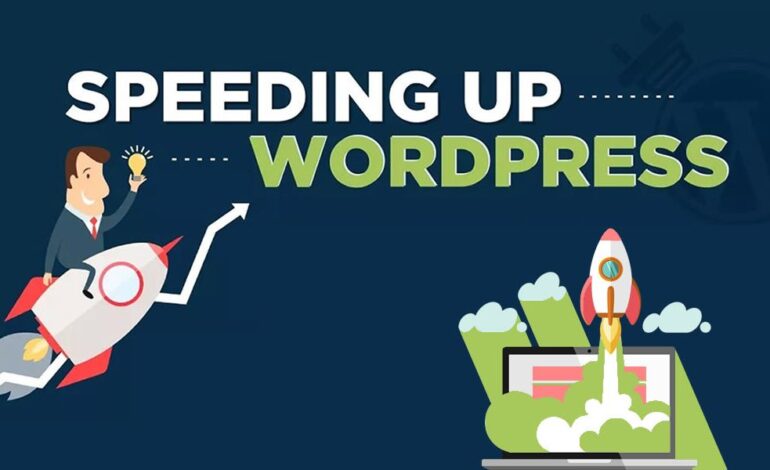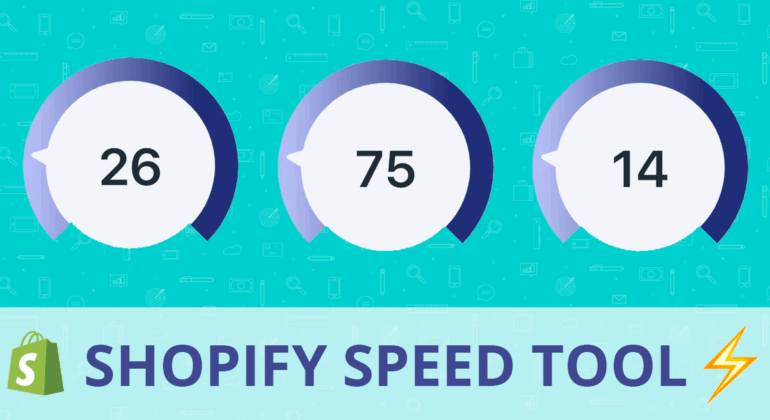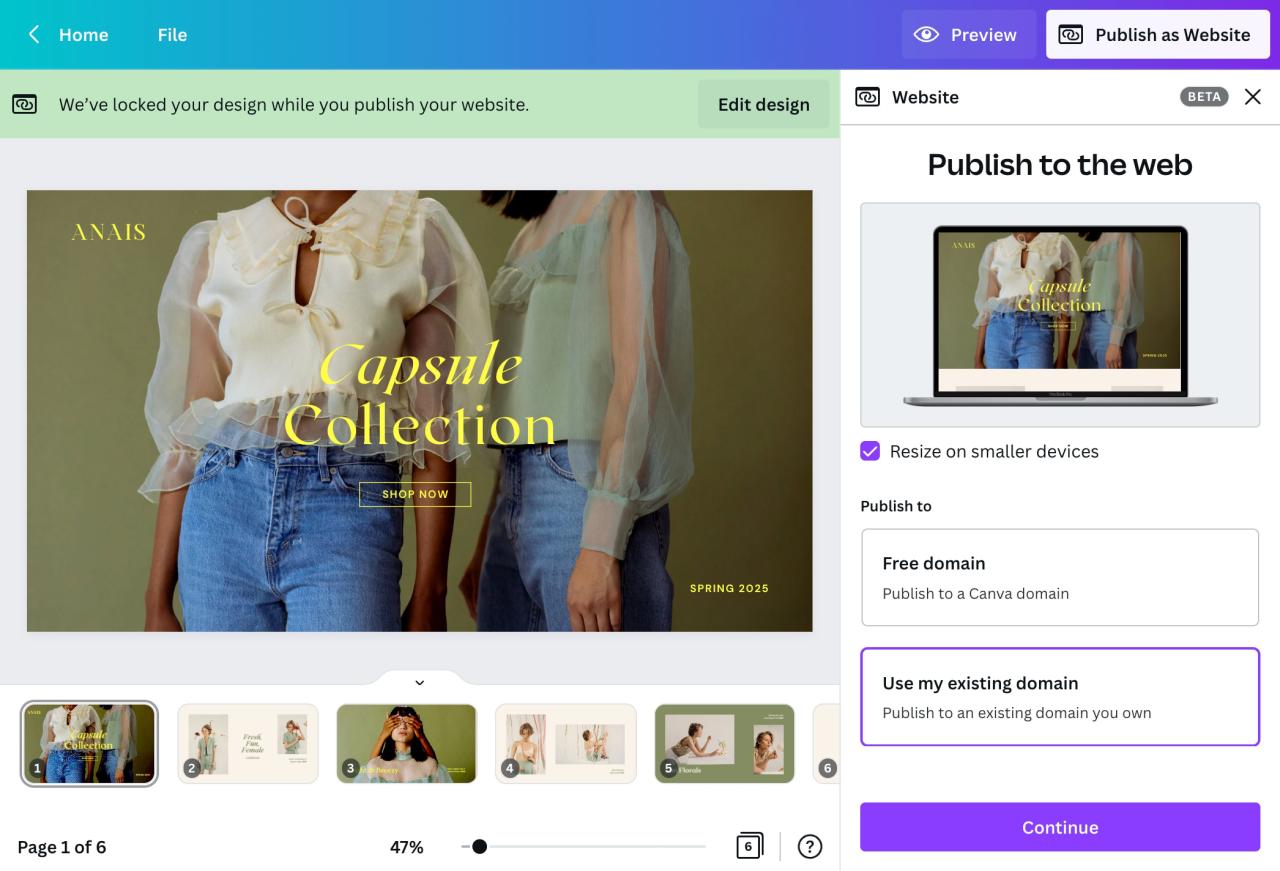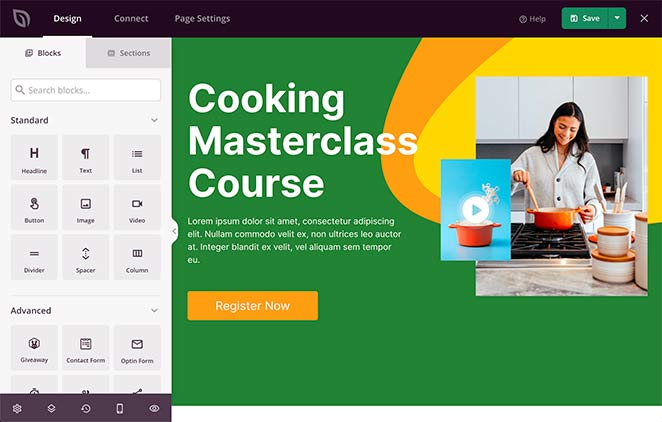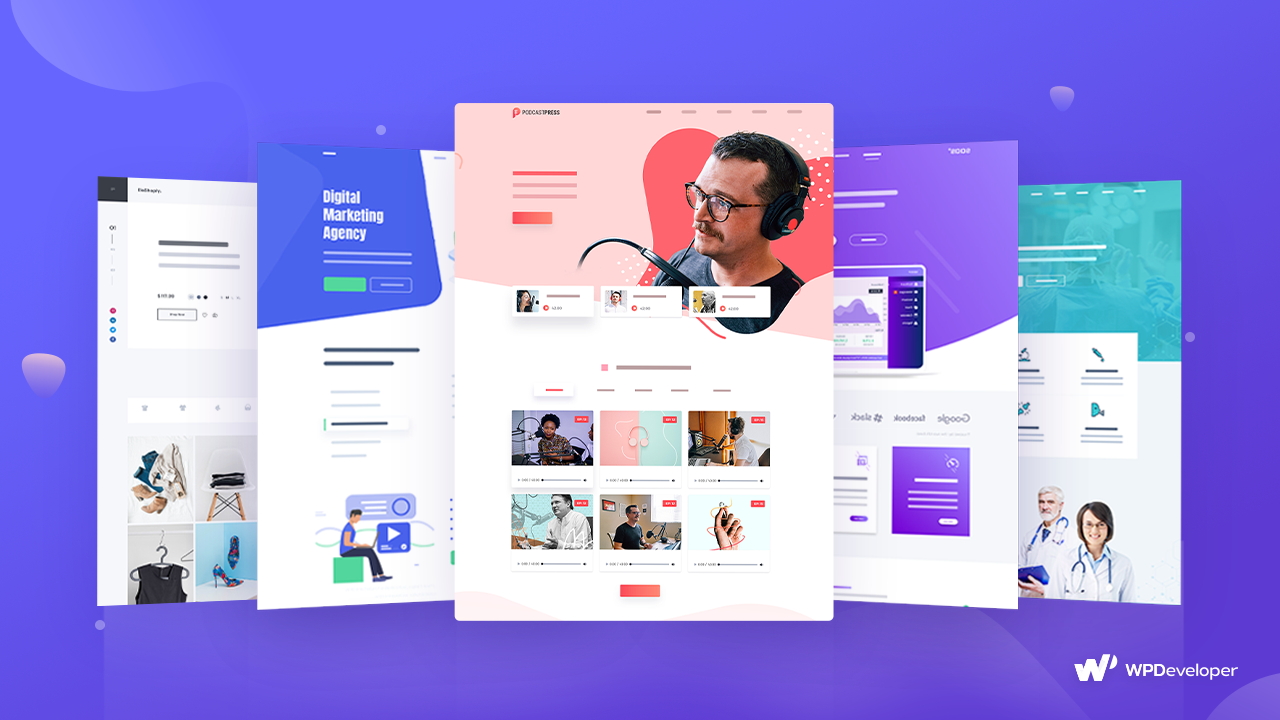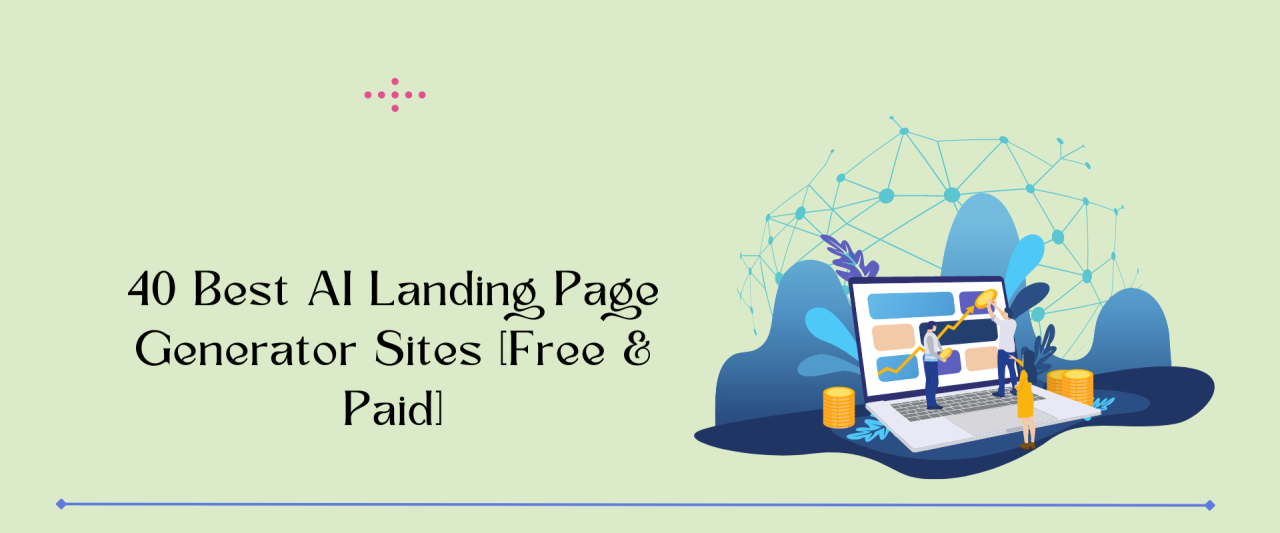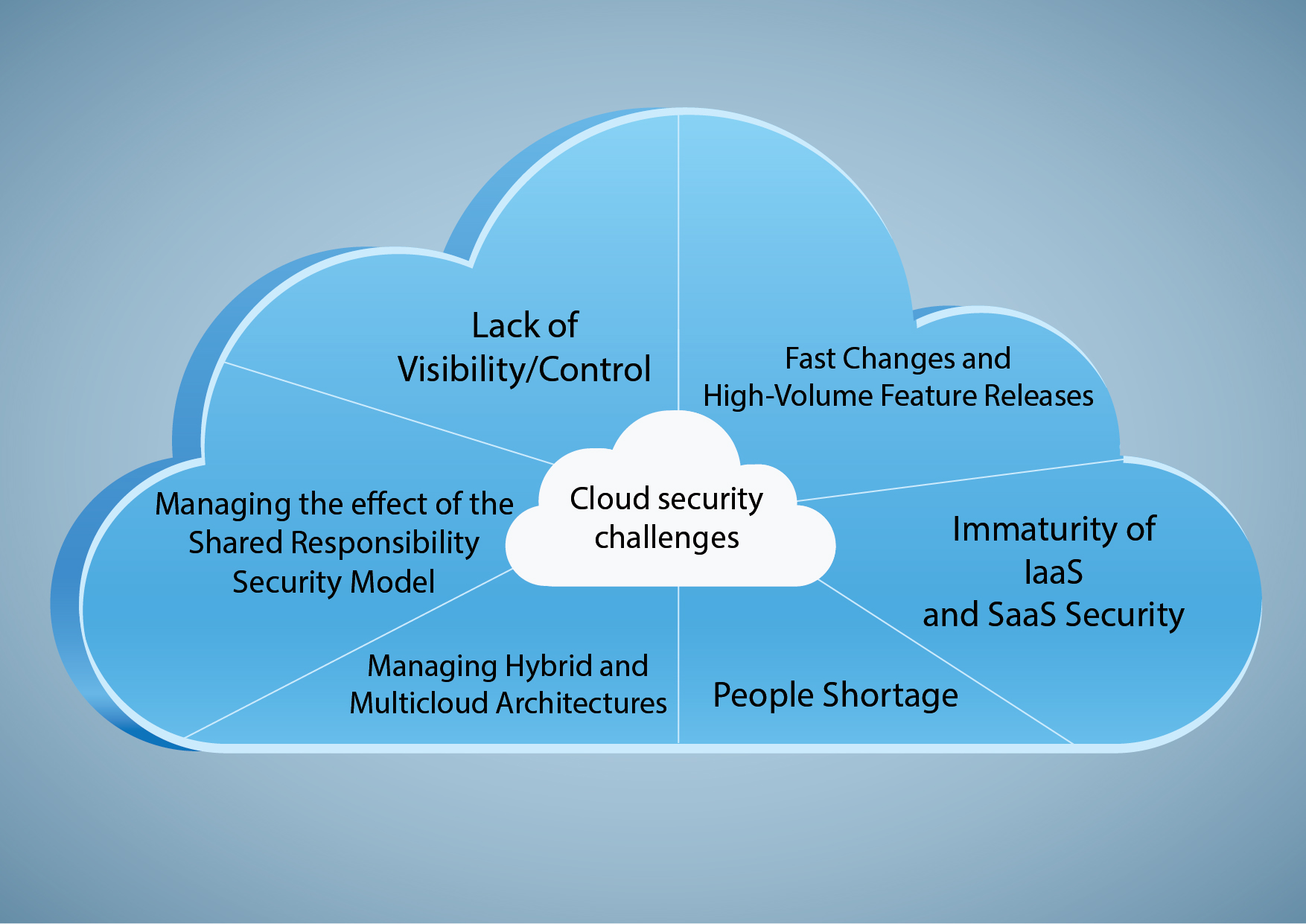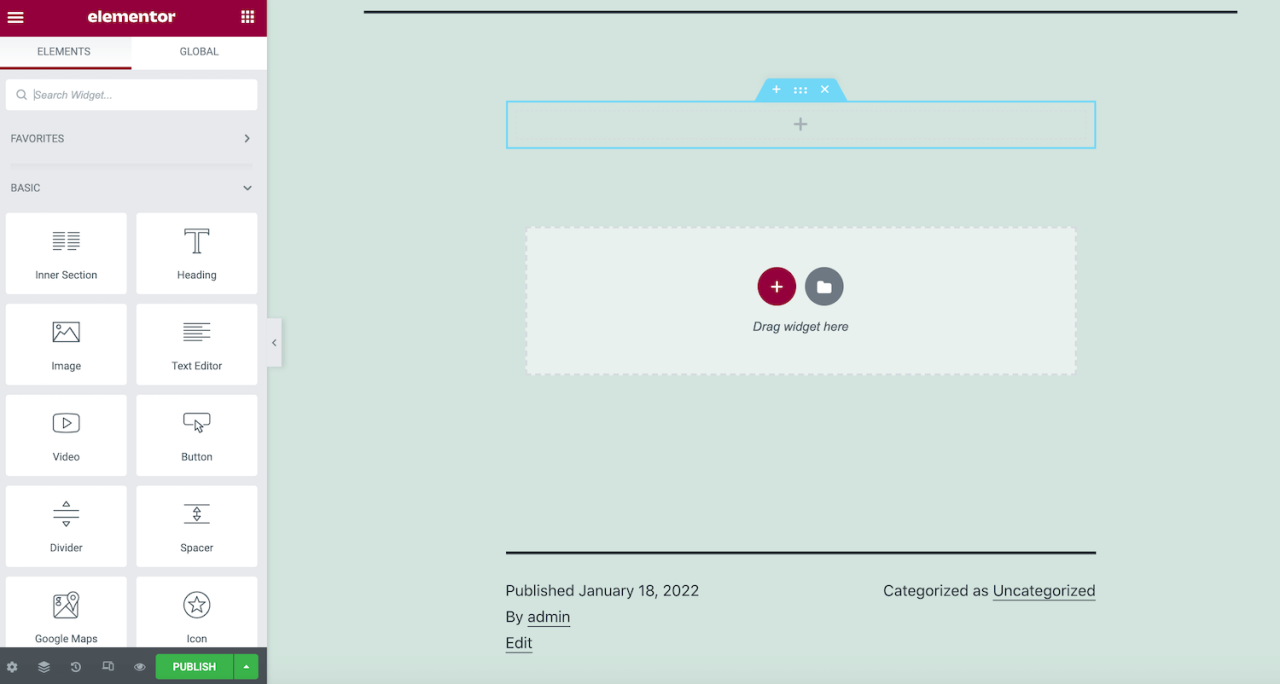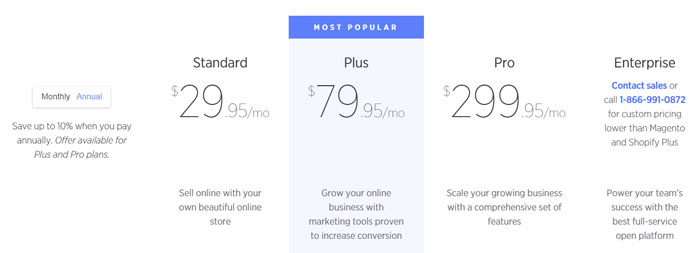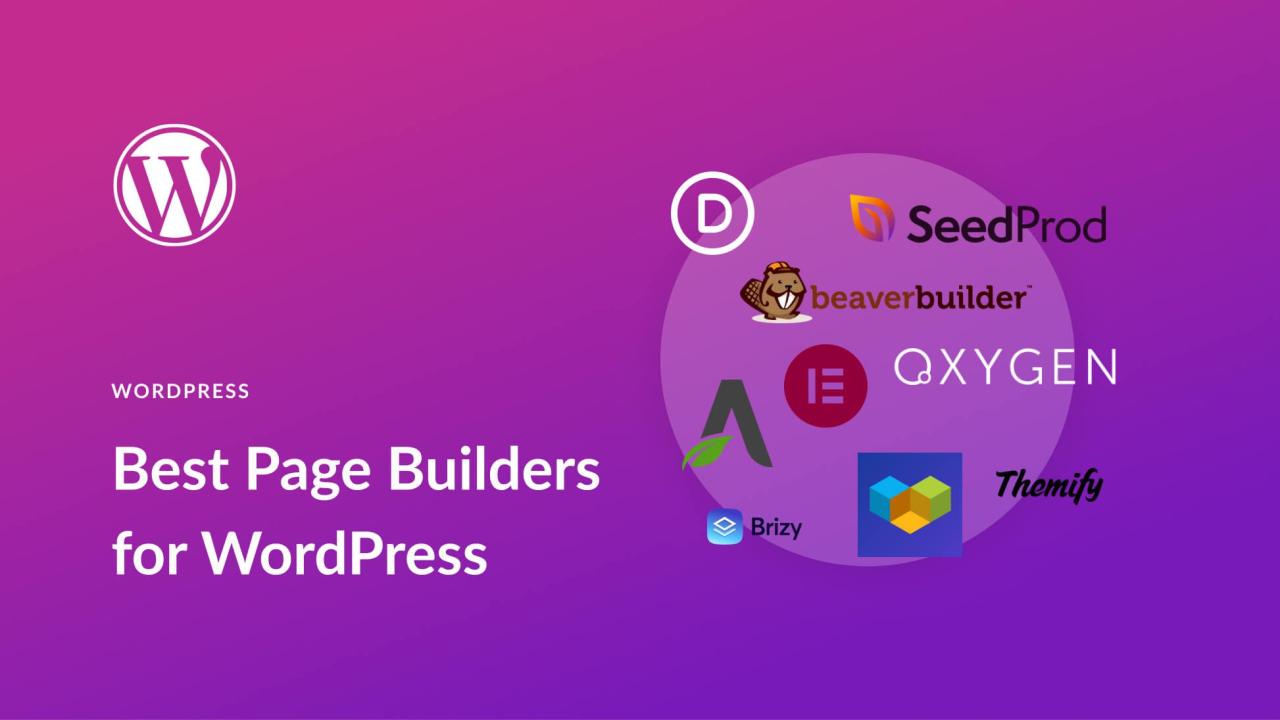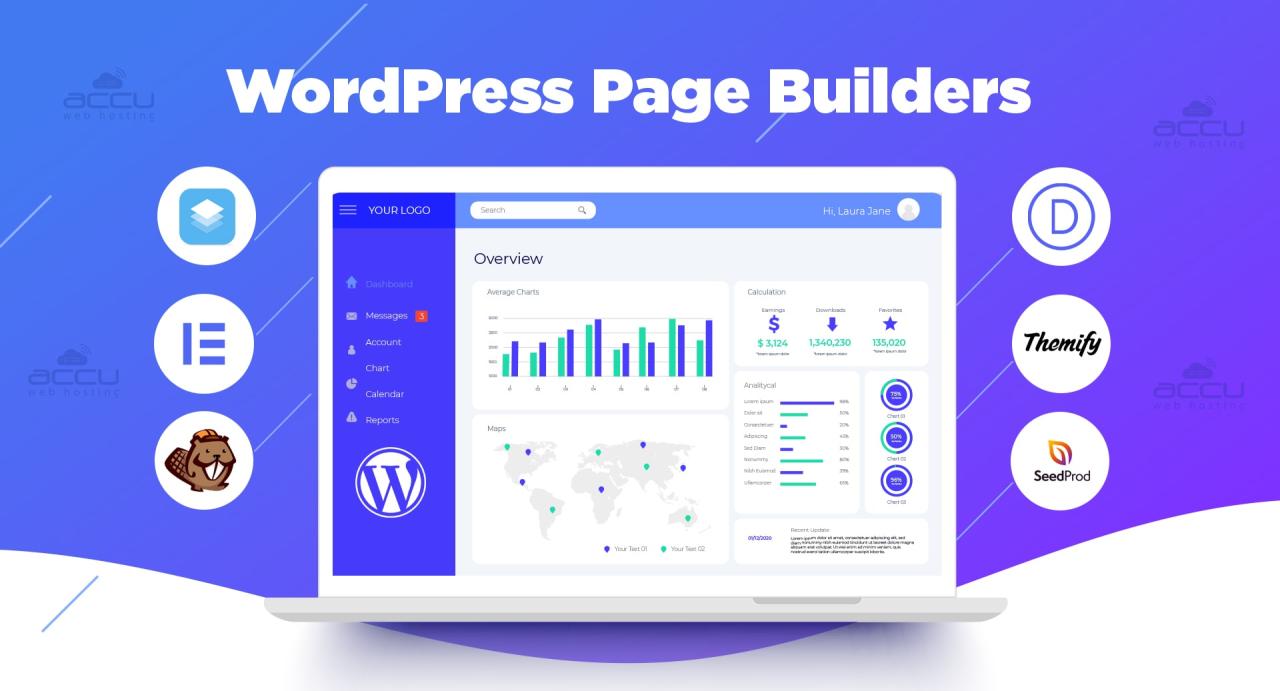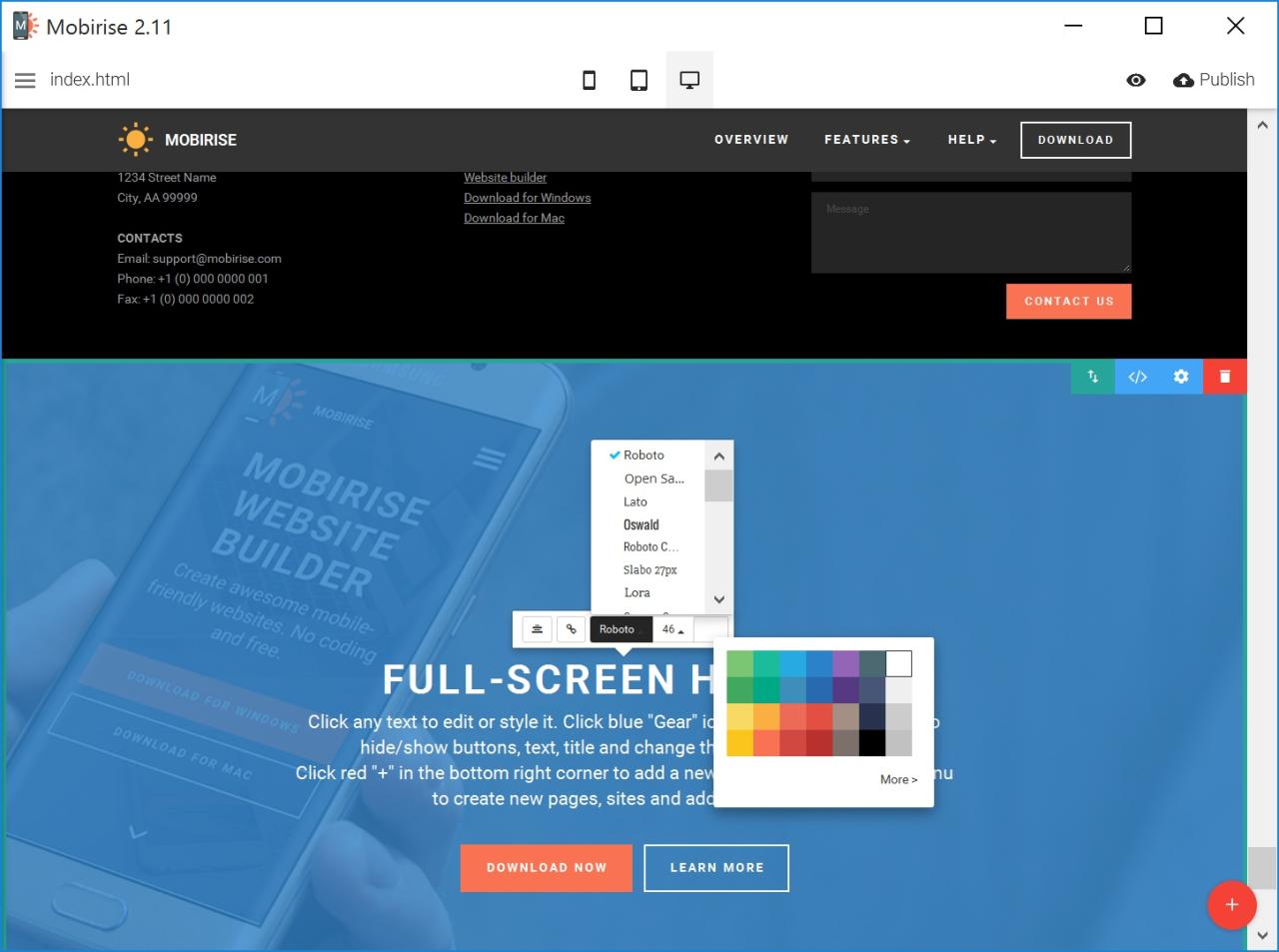Best Site to Build a Website Top Choice Revealed
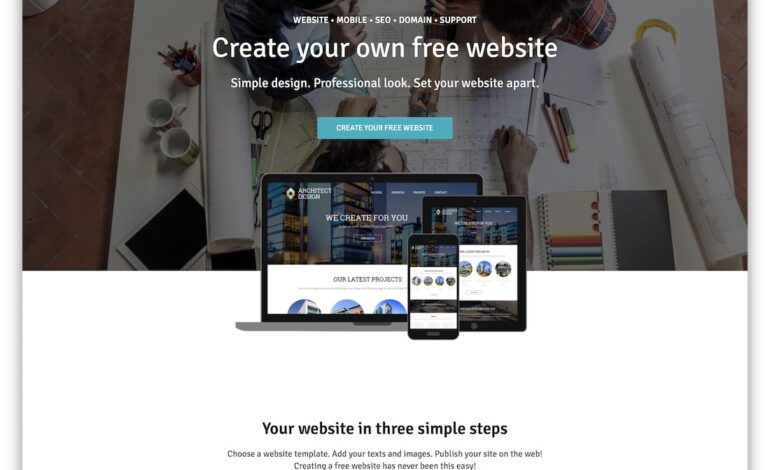
Dreaming of launching your own online store, showcasing your photography, or finally getting that blog off the ground? You’re not alone! In today’s digital age, establishing a web presence is crucial, but figuring out where to even begin can feel like navigating a minefield.
The sheer number of “website builders” promising instant success is overwhelming, each boasting unique features and varying price tags. Choosing the “best” platform isn’t a one-size-fits-all answer; it depends entirely on your specific needs, technical skills, and budget.
This article cuts through the noise, providing a clear and concise guide to some of the top website building platforms available. We’ll explore their strengths and weaknesses, helping you identify the ideal choice to bring your online vision to life, without getting bogged down in complicated code or breaking the bank.
Get ready to unlock your online potential!
Finding Your Perfect Website Home: A Guide to the Best Site Builders
So, you’re ready to build a website! That’s awesome. Picking the right platform is key. It’s a big decision, like choosing the foundation for your dream house. You want something solid, reliable, and easy to customize.
With numerous website builders vying for your attention, figuring out which one fits your needs can be tough. Each one has its own strengths and weaknesses, catering to various skill levels and project scopes. Let’s break it down!
This isn’t about declaring a single “best” option. It’s about helping you discover the builder that clicks with your vision. Consider the features, pricing, and ease of use that matter most to you.
We’ll explore a variety of platforms, from drag-and-drop interfaces to more code-intensive options. Get ready to navigate the digital landscape and find the perfect place to build your online presence. Let’s begin!
Understanding Your Website Needs
Before diving into specific platforms, consider the purpose of your website. Is it a simple blog, an online store, a portfolio, or something else entirely? Knowing this guides your choice.
Think about the features you absolutely need. Do you require e-commerce functionality, a blog, a contact form, or integration with social media? List the “must-haves” to narrow your search.
Your comfort level with technology also plays a crucial role. Are you a coding whiz, or do you prefer a visual interface? Builders cater to all skill levels, so be honest with yourself.
Finally, set a budget. Some builders are free (with limitations), while others offer tiered pricing plans. Don’t overspend on features you won’t use. Consider the long-term costs as well.
Do you have any existing domain or email addresses? See if the platform integrates with your current services. It’s something that can make your life easier in the future.
Don’t forget to think about your design expectations for your website. Choose something that is easily customizable but also reflects your brand or style.
Popular Website Builders: A Closer Look
Let’s examine some of the major players in the website builder arena. We’ll highlight their key features, pros, and cons to give you a clearer picture of what they offer.
Wix offers a user-friendly drag-and-drop interface. Perfect for beginners, it provides tons of templates and apps. It’s great for visual learners, but it can get pricey as you add more features.
Squarespace is known for its sleek and modern templates. If aesthetics are your top priority, this is a strong contender. However, its customization options are slightly more limited than Wix.
WordPress.org (not WordPress.com) is a powerful and flexible open-source platform. While it requires a bit of a learning curve, it offers unparalleled control and customization. This is for more advanced users.
Shopify is designed specifically for e-commerce. It provides all the tools you need to sell products online, including payment processing, shipping integration, and inventory management. The best choice for online stores.
Weebly is another simple drag-and-drop builder, ideal for basic websites and blogs. It’s very easy to learn and use, making it a great option for those with limited technical experience.
Consider trying out the free trials that most of these platforms provide! This will help you get a feel for their functionality before committing to a subscription.
Ease of Use and Customization Options
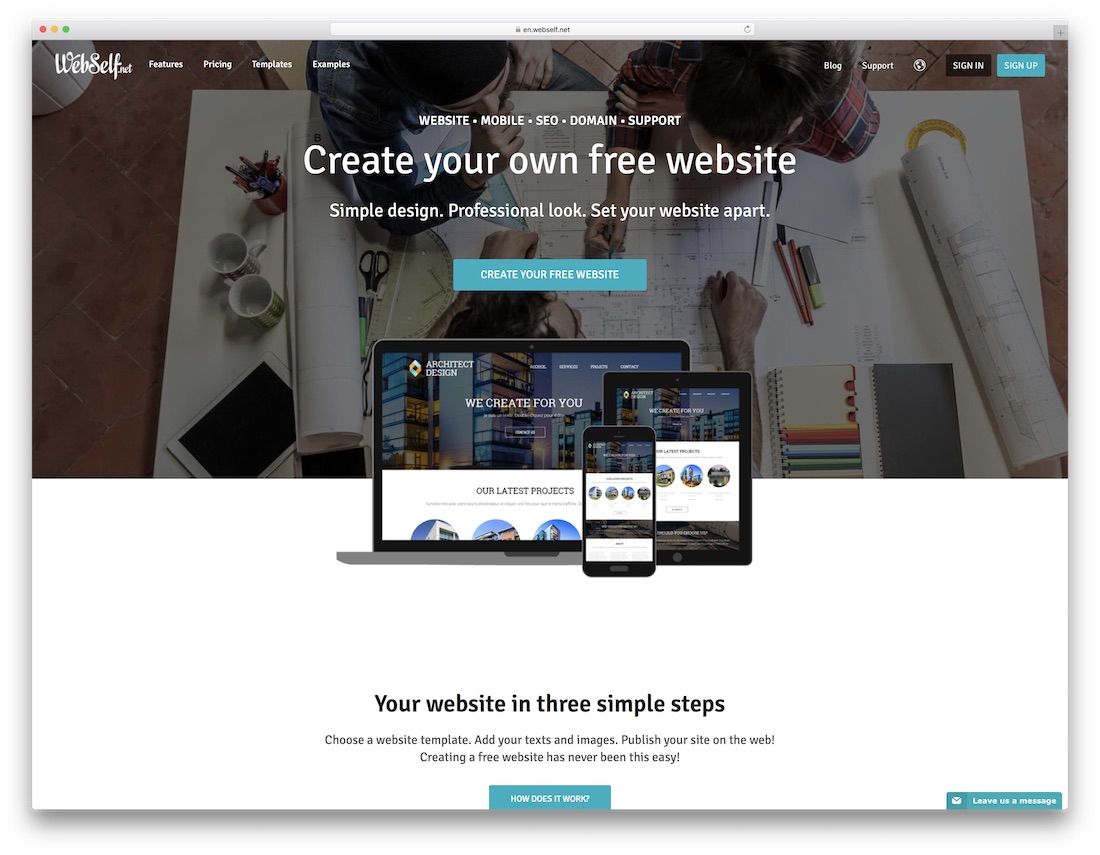
A website builder’s ease of use is paramount, especially if you’re not a tech expert. Drag-and-drop interfaces are generally the most intuitive, allowing you to build your site visually.
Customization options determine how much control you have over your website’s design and functionality. Some builders offer limited customization, while others allow you to tweak every detail.
Look for builders with responsive templates that automatically adjust to different screen sizes. A mobile-friendly website is essential for reaching a wider audience these days.
Consider whether the builder offers access to code (HTML, CSS, JavaScript). If you’re comfortable with coding, this allows for advanced customization and the ability to add unique features.
Does the builder have a robust app store or plugin directory? This allows you to extend the functionality of your website with third-party tools, such as contact forms, social media feeds, and e-commerce integrations.
Think about how you will add content to your website. Does the builder have an easy-to-use interface that allows you to build your website with different types of content.
Pricing Plans and Value for Money
Website builder pricing varies widely. Some offer free plans with limited features and ads, while others have tiered subscription plans with increasing functionality and storage space.
Carefully compare the features offered in each plan. Don’t pay for features you don’t need. Focus on the core functionality that’s essential for your website’s success.
Consider the long-term costs. Some builders offer introductory discounts that disappear after the first year. Factor in the renewal rates when making your decision.
Be aware of hidden fees, such as transaction fees for e-commerce sales or add-on costs for premium templates and apps. Read the fine print carefully.
Think about the value you’re getting for your money. A more expensive plan might be worth it if it provides superior features, support, and scalability. Consider the costs of running your website.
Don’t forget to factor in the costs of running ads and other marketing strategies. You may want to go for cheaper plans to allocate your budget to those.
SEO Considerations for Website Builders
Search engine optimization (SEO) is crucial for getting your website found online. Some builders offer built-in SEO tools, while others require you to use third-party plugins.
Make sure the builder allows you to customize your website’s meta titles and descriptions. These are the snippets of text that appear in search engine results.
Check if the builder generates clean and SEO-friendly URLs. A well-structured URL can improve your website’s ranking in search results.
Ensure that the builder supports image optimization. Compressing images can improve your website’s loading speed, which is a major ranking factor.
Consider whether the builder allows you to create a sitemap and submit it to search engines. A sitemap helps search engines crawl and index your website more effectively.
Before finalizing your website, it’s important to test its performance for SEO. There are a lot of services online that allow you to do so.
Making Your Final Decision
Choosing the best website builder is a personal decision based on your unique needs and priorities. There’s no one-size-fits-all solution.
Revisit your initial list of requirements. Which features are absolutely essential for your website’s success? Compare builders based on these criteria.
Take advantage of free trials to test out different platforms. Experiment with the interface, try out different templates, and see how easy it is to add content.
Don’t be afraid to ask for help. Many website builders have active online communities and helpful customer support teams. Use these resources to your advantage.
Remember that you can always switch platforms later if your needs change. But starting with the right builder can save you time, money, and frustration in the long run.
With this knowledge, you can make an informed decision and embark on your website building journey with confidence!
